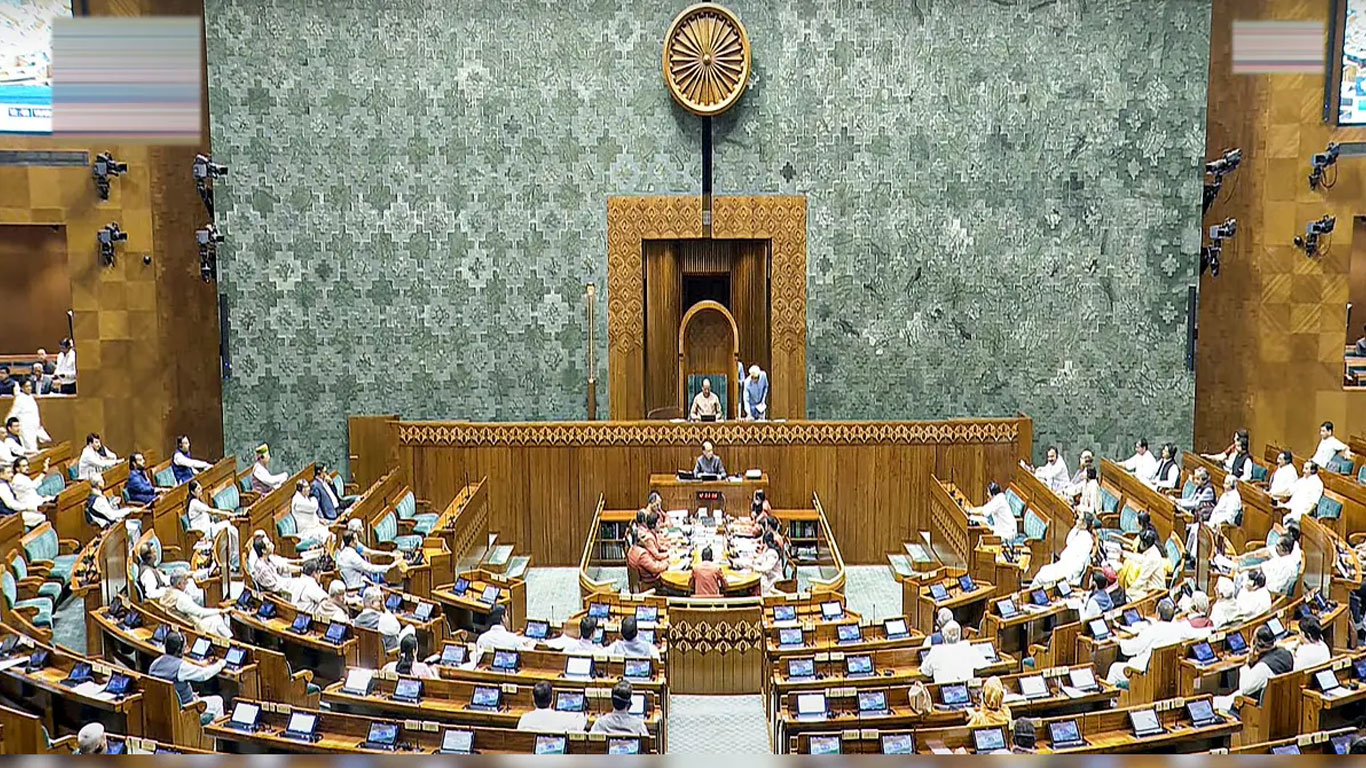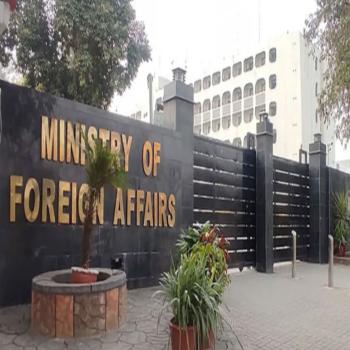The Narendra Modi-led Indian government has stirred controversy with the introduction of the controversial Waqf (Amendment) Bill 2025 in the Lok Sabha on Wednesday.
Union Minister for Minority Affairs, Kiren Rijiju, presented the bill, claiming that its purpose is to streamline the management of Waqf properties, remove existing flaws, introduce technology-based management, and ensure transparency. However, critics, particularly from opposition parties, argue that the bill is a government strategy to seize Waqf lands and assets.
In his address, Rijiju emphasized that the bill had gone through extensive consultations with various stakeholders. The Joint Parliamentary Committee (JPC), he said, had received over 97 lakh applications and memorandums—both physical and online—from across India.
The committee's efforts in gathering and considering these submissions were hailed as a historic exercise in India’s democratic history. 284 delegations, including legal experts, welfare organizations, and religious leaders, had also presented their opinions on the bill.
The bill has sparked fierce opposition from a wide range of political groups, with no consensus in sight between the ruling BJP-led NDA alliance and the Opposition. One of the prominent critics, Asaduddin Owaisi, Member of Parliament from Hyderabad, stated that political leaders who support the bill will have a hard time justifying their stance to the public in the future.
Congress Party president Mallikarjun Kharge also denounced the bill, calling it unconstitutional and divisive, while other opposition parties like the Samajwadi Party and Trinamool Congress have voiced similar concerns.
Despite opposition protests, the fate of the bill hinges on the support of the ruling BJP's key allies, particularly Nitish Kumar’s JD(U) and Chandrababu Naidu’s TDP, both of whom had initially assured Muslims that no injustice would be done.
While reports indicate that TDP has expressed support for the bill, albeit with some proposed amendments, JD(U) has also declared their backing. However, both parties are cautious about losing Muslim voter support in the upcoming elections.
In response to the bill, Muslim religious and political organizations have strongly opposed it, fearing that it could lead to the government taking control of vast amounts of Waqf property, including lands passed down by their ancestors. Protests have erupted in various parts of the country, with Muslim groups planning a nationwide protest if the bill is passed.






